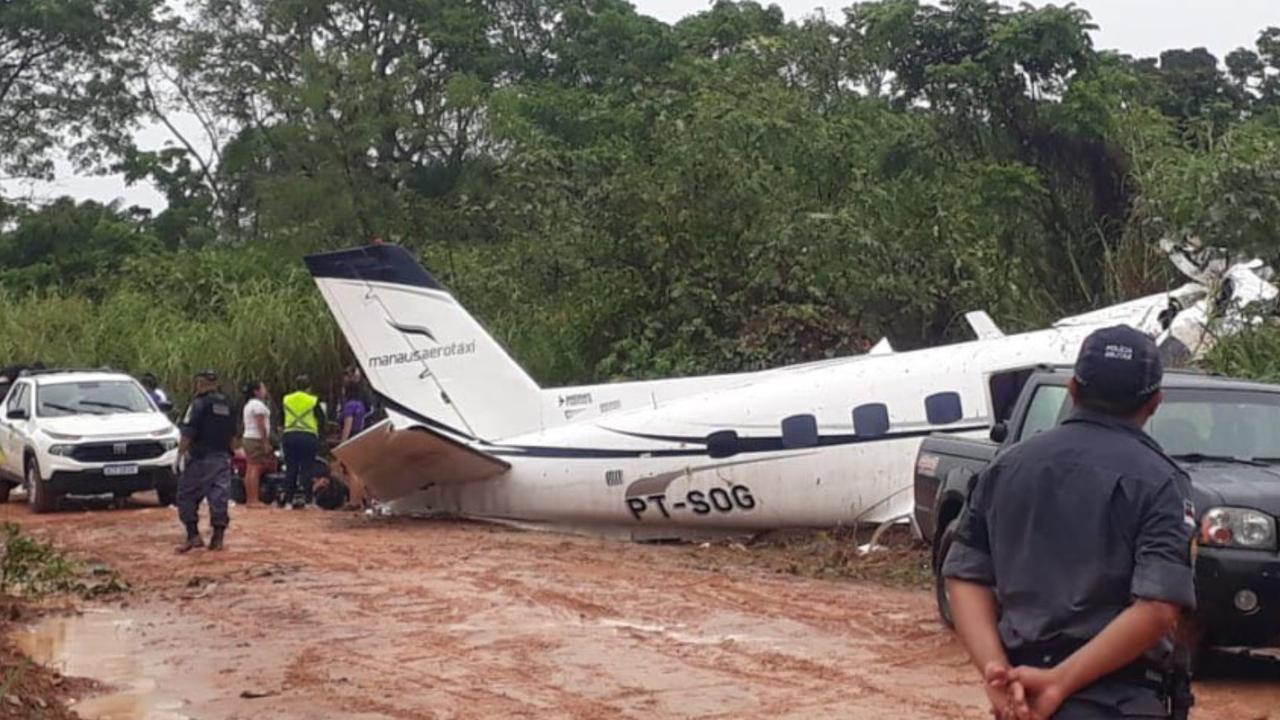Investigation and Response: Plane Crash In Brazil Today
Following a plane crash, a comprehensive investigation is launched to determine the cause of the incident and prevent future occurrences. This involves multiple agencies working together to collect evidence, analyze data, and formulate recommendations.
Agencies Involved in the Investigation
The investigation into a plane crash typically involves a collaborative effort between various agencies, each with specific expertise and responsibilities.
- National Transportation Safety Board (NTSB): In the United States, the NTSB is responsible for investigating aviation accidents and incidents. They gather evidence, analyze data, and issue safety recommendations to prevent similar accidents.
- Federal Aviation Administration (FAA): The FAA oversees aviation safety and regulations. They provide technical assistance and support to the NTSB during the investigation.
- Aircraft Manufacturer: The manufacturer of the aircraft involved in the crash is responsible for providing technical information and assistance to the investigators.
- Airline: The airline operating the flight is involved in the investigation, providing flight data, crew records, and other relevant information.
- Local Authorities: Local law enforcement and emergency services are involved in the initial response and securing the crash site.
Investigation Process and Timeline
The investigation process typically follows a structured timeline, involving several key stages:
- Initial Response and Securement: The first responders secure the crash site, gather initial evidence, and provide medical assistance.
- Data Collection: Investigators gather data from various sources, including the flight data recorder (FDR), cockpit voice recorder (CVR), weather reports, air traffic control recordings, and witness statements.
- Data Analysis: The collected data is analyzed to identify potential factors contributing to the crash, such as pilot error, mechanical failure, weather conditions, or other external factors.
- Preliminary Report: The NTSB releases a preliminary report within a few weeks of the crash, providing initial findings and a timeline of events.
- Detailed Investigation: The investigation team conducts a detailed analysis of the evidence, interviewing witnesses, and examining the aircraft wreckage.
- Final Report: The NTSB issues a final report, typically within 12-18 months, concluding the investigation and providing a detailed analysis of the cause of the crash and any safety recommendations.
Key Events Timeline, Plane crash in brazil today
- Date and Time of Crash: The initial crash event, including location and time of occurrence.
- Initial Response: First responders arrive at the crash site, securing the area and providing medical assistance.
- Data Recovery: Flight data recorder (FDR) and cockpit voice recorder (CVR) are recovered and analyzed.
- Preliminary Report Released: The NTSB releases a preliminary report, providing initial findings and a timeline of events.
- Public Statements: Agencies involved in the investigation issue public statements regarding the progress of the investigation and any preliminary findings.
- Final Report Published: The NTSB releases a final report, concluding the investigation and providing a detailed analysis of the cause of the crash and any safety recommendations.
Plane crash in brazil today – While the recent plane crash in Brazil serves as a stark reminder of the inherent risks associated with air travel, it also highlights the ongoing quest for safer and more efficient aircraft. Innovations like the voepass plane , with its advanced technology and focus on passenger safety, represent a potential step forward in aviation.
The investigation into the Brazilian crash will undoubtedly lead to a deeper understanding of safety protocols and the need for continued advancements in aircraft design and operation.
While investigations into the recent plane crash in Brazil continue, the incident underscores the critical importance of aviation safety. In contrast to the tragedy, advancements in air travel technology, such as the voepass plane , promise a future of enhanced efficiency and reliability.
The lessons learned from the crash in Brazil will undoubtedly contribute to ongoing efforts to ensure the continued safety of air travel globally.

